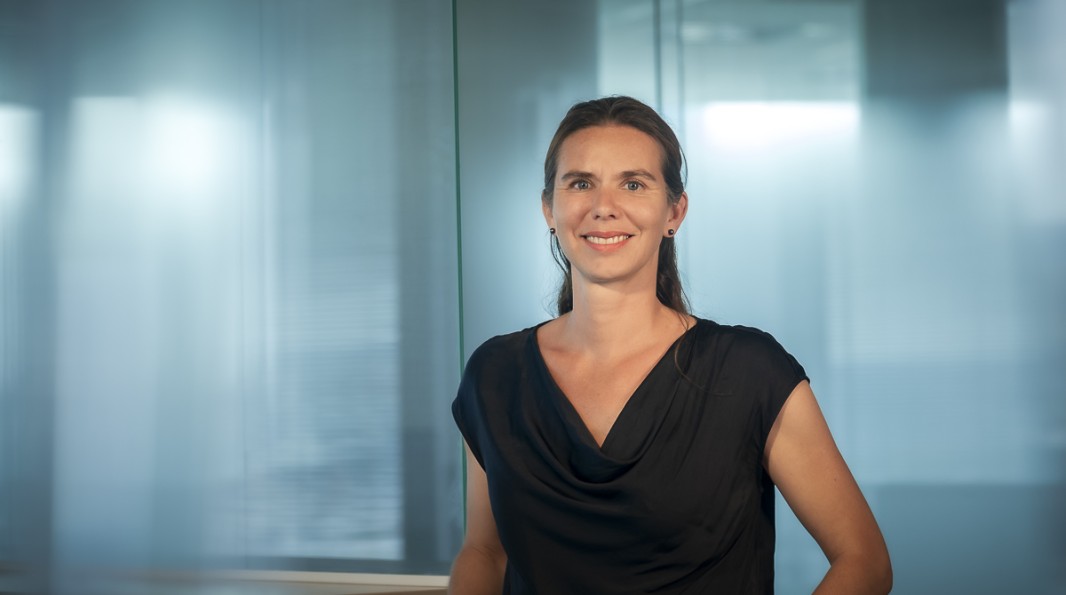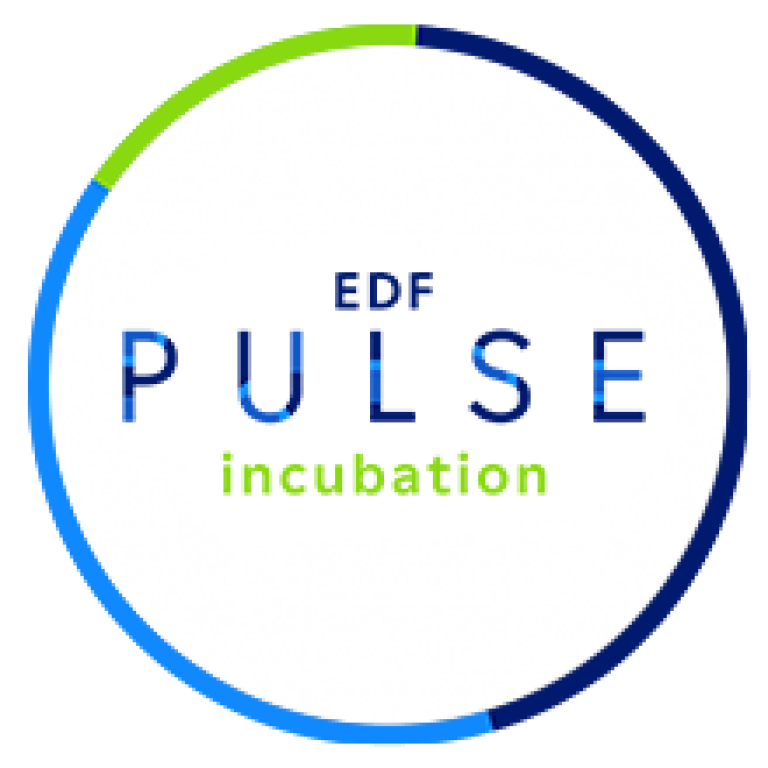Catherine Jouny is the new Head of EDF Pulse Incubation. She explains her ambitions for EDF Group’s incubator.

You’re the new Head of EDF Pulse Incubation. Can you tell us a bit more about this entrepreneurial programme?
EDF Pulse Incubation serves the Group and its raison d'être. Our mission is to launch and support the scaling up of new businesses with high added value for the Group, in order to reach Net Zero as quickly as possible.
The projects we support within EDF Pulse Incubation are led by Group employees, whether in France, abroad or within our subsidiaries.
We provide them with a supportive framework in which to innovate "in startup mode", i.e. to experiment and build their offers based on customer needs, and to bring their project to fruition as quickly as possible by focusing all human and financial resources on the right objectives.
Our entrepreneurial programme has already proved its worth with 7 subsidiaries emerging from EDF Pulse Incubation since its creation in 2017!
Why did you decide to create an incubator within the EDF Group?
In the face of climate change, innovation has become essential to achieve Net Zero as quickly as possible. The EDF Group has therefore decided to create the Innovation and Pulse Programmes Department in 2021 in order to structure innovation within the Group and open up the field of possibilities.
This department provides the Group with a comprehensive system for innovating faster through 5 programmes: EDF Pulse Factory enables employees to become acculturated to innovation, EDF Pulse Design enables innovation through design, EDF Pulse Connect promotes open innovation, and EDF Pulse Ventures invests in external startups.
EDF Pulse Incubation completes this scheme by capitalising on the talent and ideas of the Group's employees to create new businesses. These ideas may be completely new, or already tried and tested within the Group, but they all have two things in common: they can help decarbonising the world, and they have a strong potential to create value.
What are the EDF Group’s ambitions with EDF Pulse Incubation?
EDF Pulse Incubation’s ambition is to have a real impact on the planet, by helping to reduce the carbon footprint of the Group and its customers. It's because we're aiming for projects with a real impact that we've created a robust and ambitious programme with a lot of resources, both human and financial. We are seeking to create value and position the EDF Group in new businesses, while developing synergies within the Group.
Some projects won't see the light of day (and that's normal!), while others will enable us to develop new activities for the Group through the creation of a subsidiary, a joint venture, a spin-off or a Business Unit.
Before embarking on an innovative project, we always ask ourselves the "make or buy" question. If we have the in-house skills to develop a project and it is strategic for the Group, the EDF Pulse Incubation entrepreneurial programme comes into play. If, on the other hand, the expertise is already present externally and we have no added value in developing it internally, then we favour open innovation with EDF Pulse Connect or investment in external startups via EDF Pulse Ventures.
How is your incubator organized to meet these ambitions?
Our EDF Pulse Incubation entrepreneurial programme relies on 3 main levers:
- Internal and external resources: the incubated teams benefit from the resources of the EDF Group, whether in terms of support functions or the specific expertise of certain business lines, as well as from the Group's network. To help them move forward more quickly, they are also surrounded by external partners with a proven track record in supporting startups, providing them with the methods, contacts and commercial vision they need to accelerate their business. In this way, we provide the teams with a supportive environment in which to rapidly test their offers.
- A robust process: the entrepreneurial programme consists of 4 GO/NO GO phases with precise objectives to be achieved. This timing means that the project can be de-risked as quickly as possible and the achievement of the various objectives can be validated.
- Dual governance involving the Group's business lines: all projects are supported by an advisory board made up of various business experts who advise the project leaders and challenge them in a friendly manner throughout their incubation period. The investors' board, which meets at the end of each GO/NO GO phase, is made up of senior executives from the sponsoring business lines, who approve the passage through each phase, as well as the financial, HR and KPI commitments.
Successful projects last 18 months on average.
What types of projects do you incubate?
Our first selection criterion is that we only support projects that are in line with our raison d'être. They must also be in line with the priorities of our strategic framework for innovation.
We don't have a preference between service offerings and hardware: above all, we look for projects with real market potential and synergies with the Group.
Finally, we mustn't forget that it is above all employees who are behind the project and who will become co-founders. We are therefore careful to ensure that the teams we incubate are motivated and well-balanced, with diverse profiles and complementary skills.
In your opinion, what are the main differences between EDF Pulse Incubation and any other external incubator?
In a way, EDF Pulse Incubation is more than an incubator. Unlike "external" incubators, we ourselves can propose subjects to investigate and choose to have employees work on them. We make internal and external skills available to project leaders to help them develop, and we bring them the network and solidity of one of France's largest industrial groups. Finally, we invest financially in the project throughout its incubation period, right up to the potential creation of a subsidiary.

About Catherine Jouny
An engineer by training, Catherine Jouny began her career in the EDF Group in 2005 in the Commercial Division as a cost and risk analyst for commercial offers. She then joined EDF's Gas Division in the Strategy Department before moving on to Dunkerque LNG in the Sales Department. Catherine Jouny then pursued her career outside the Group, working internationally (Congo, Yemen, Singapore, Angola) on a variety of assignments ranging from drilling engineering, accreditation of projects by the Clean Development Mechanisms (CDM) to development strategy consultancy. Before taking over as Head of the EDF Pulse incubation programme, she co-founded a fintech company offering an innovative way of financing skills for impact organisations.

